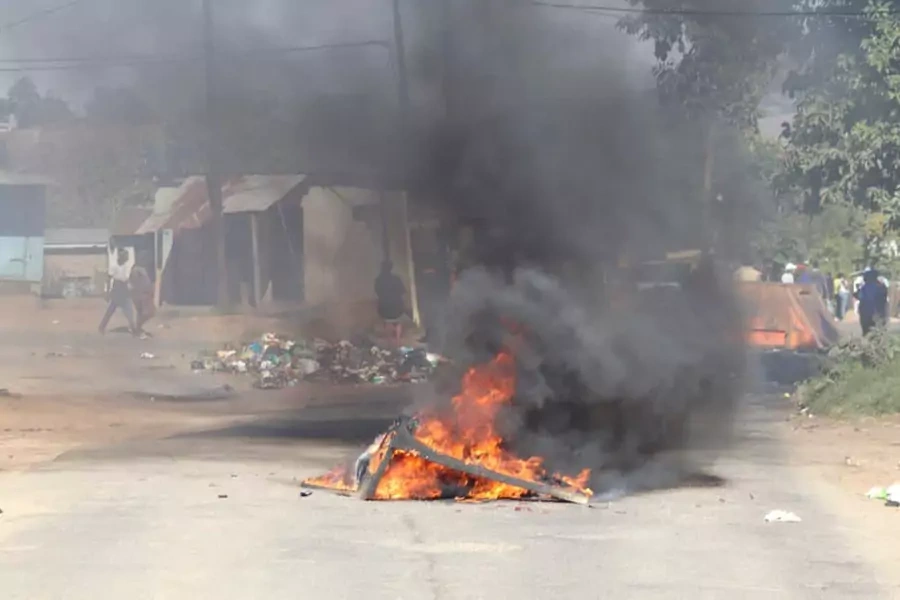Crisis in eSwatini Raises Uncomfortable Questions for SADC

The protests in eSwatini, one of the world’s last absolute monarchies, call renewed attention to the gulf between Southern Africa’s professed principles and the region’s realities. In recent weeks, demonstrations against police brutality and in favor of democracy gained momentum, eliciting a violent reaction from authorities that reportedly left dozens dead. While an uneasy calm has taken hold, the demands of the protestors, and the frustrations of citizens struggling with economic hardship and unaccountable, ostentatious leadership, will not simply dissipate. Change seems inevitable, though whether it will be cosmetic or fundamental remains in doubt.
As the region and the world look to the Southern African Development Community (SADC) for leadership to avert worst-case scenarios, the organization, long a passive and ponderous bureaucracy that seemed better suited to stifling initiatives than implementing them, is struggling to adapt to new challenges. Its member states must absorb both the impact of COVID-19 and the effects of climate change. The insurgency in Mozambique and risks of regional contagion have prompted tortured discussions and tensions with authorities in Maputo, culminating in a decision to deploy forces to help stabilize the situation, although the details of this planned intervention remain unclear. And most recently, efforts to address the eSwatini crisis saw the organization learning in real time, as a mission dispatched to help calm the situation was criticized for paying insufficient attention to the demands of the monarchy’s critics, prompting SADC to promise to return to more thoroughly listen to the concerns of eSwatini’s citizens.
More on:
SADC’s own Protocol on Politics, Defense, and Security Cooperation [PDF] weds the organization to the promotion of democracy and the protection of universal human rights. But in practice, SADC’s member states include strong democracies, authoritarian states, and even eSwatini’s absolute monarchy. It has long been the organization’s practice to ignore violations of civil and political rights in member states, even when repression creates a drag on regional development. But as Southern Africa’s challenges deepen and proliferate, it’s clear that a more capable and dynamic organization is needed. That in turn may require ending the era of polite silences and averted gazes when member states violate the rights of their own people.
More on:
 Online Store
Online Store